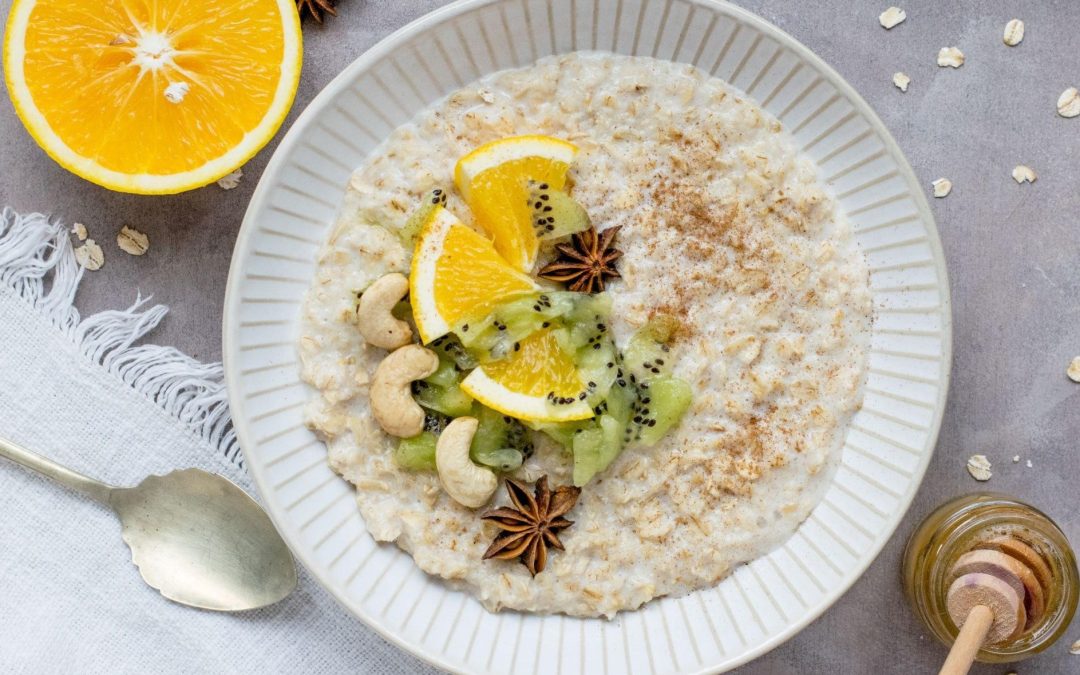Top 10 Vegan Sources of Protein

Protein helps in the growth and repair of muscles & tissues. Protein provides structure to bones, organs, hair, skin and nails. It also acts as enzymes and hormones. Protein helps in forming antibodies that fight against harmful bacteria and viruses. Hence, protein is a nutrient that cannot be ignored.
Animal protein is a complete protein which means it contains the 9 essential amino acids which our body cannot produce on its own.
Plant protein, however, is usually an incomplete source of protein (barring a few exceptions). Most plant proteins are lacking in at least one essential amino acid. Vegans should consume a variety of plant-based proteins to make sure that their body gets all the essential amino acids.
Explore Hustleup.fit for fitness coaching personalized as per your lifestyle, taste and preferences!
With a bit of planning, even a vegan diet can provide your body with the required amount of protein.

1. Soya chunks
Per 100 gm – Protein: 54 gm | Carbs: 36 gm | Fat: 2 gm | Cal: 378
Soya chunks are an excellent source of protein for vegans looking to bump their protein intake. Soy is a complete protein.
2. Tofu
Per 100 gm – Protein: 9 gm | Carbs: 3 gm | Fat: 4 gm | Cal: 84
As tofu is made from soy milk, it does not contain lactose. Tofu contains all the essential amino acids needed in your body for growth and repair. Tofu is a versatile ingredient and can be cooked in many ways.
3. Lentils
Per 100 gm – Protein: 26 gm | Carbs: 50 gm | Fat: 0 gm | Cal: 304
Lentils or Dals are widely eaten in India and are considered a major source of protein for vegetarians. Urad Dal, Brown Lentils (Masoor Dal), Red Lentils (Masoor Dal without peel), Moong Dal, and Chana Dal have higher protein content among the various kinds of lentils. Be wary of the amount of ghee or oils you add to the lentils as it can increase the calories in the dish.
4. Kidney Beans (Rajma)
Per 100 gm – Protein: 24 gm | Carbs: 60 gm | Fat: 1 gm | Cal: 345
Kidney beans are packed with protein. Kidney beans are easily available and can be eaten in the form of salads or with rice as a light curry.
5. Chickpeas
Per 100 gm – Protein: 23 gm | Carbs: 64 gm | Fat: 3 gm | Cal: 375
Just like kidney beans, chickpeas are also loaded with protein. Hummus is an easy dish that can be made from chickpeas. Chickpeas can also be eaten as salads or curries with rice.
6. Green peas
Per 100 gm – Protein: 5 gm | Carbs: 14 gm | Fat: 0 gm | Cal: 76
Not many people know this but green peas can help you increase your daily protein intake. You can use green peas as stuffing in a paratha or combine them with paneer for a protein-packed meal.
7. Nuts (Almonds/Cashew nuts)
Almonds – Per 100 gm – Protein: 21 gm | Carbs: 22 gm | Fat: 50 gm | Cal: 622
Cashews – Per 100 gm – Protein: 18 gm | Carbs: 30 gm | Fat: 44 gm | Cal: 588
Nuts are an excellent source of protein. Nuts are tasty even when eaten raw. A handful of nuts eaten in the morning leave you feeling full. Nuts are also a healthy alternative when you feel like snacking any time of the day.
If you prefer nut butter, then go for neutral options without any additional sugar or salt.
8. Oats
Per 100 gm – Protein: 14 gm | Carbs: 68 gm | Fat: 7 gm | Cal: 391
Oats are an easy and delicious option to start the day. For a healthy breakfast, you can have oats with milk and nuts. You can also add some fresh fruits and berries to the bowl. We recommend avoiding instant or ready-to-cook masala oats as they contain a high amount of salt.
9. Quinoa
Per 100 gm – Protein: 14 gm | Carbs: 64 gm | Fat: 6 gm | Cal: 366
Quinoa is a gluten-free grain. Quinoa is also a complete protein containing 9 essential amino acids. Quinoa can be eaten in the form of a salad or it can also be eaten as a meal.
10. Edamame
Per 100 gm – Protein: 11 gm | Carbs: 8 gm | Fat: 5 gm | Cal: 121
Edamame is basically soybean while it is still soft and green. Edamame is also a complete protein. You can eat boiled or steamed edamame lightly sprinkled with salt. Add edamame to soups, salads and stir-fries to make them even healthier.
It is important to note that most vegan sources of protein come with a high amount of carbs or fats. You should adjust the quantities to ensure that your calorie intake doesn’t shoot beyond your daily goals.






